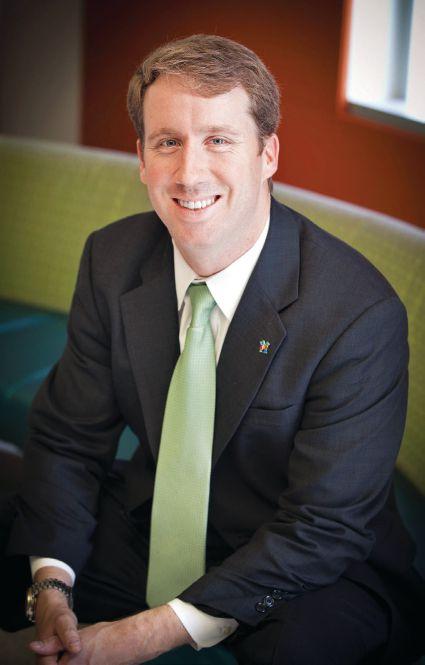
2 minute read
Foege receives nation’s highest civilian honor
Late last May, President Obama welcomed the recipients of the 2012 Presidential Medal of Freedom to the White House ceremony with this introduction: “I have to say, just looking around the room, this is a packed house, which is a testament to how cool this group is.”
The group, indeed, was made up of heavy hitters: former Secretary of State Madeleine Albright, singer Bob Dylan, astronaut and former Senator John Glenn, writer Toni Morrison, and retired Supreme Court Justice John Paul Stevens. And one of Rollins’ own was among their ranks.
Presidential Distinguished Professor Emeritus of International Health William Foege, former director of the CDC, received one of 13 medals for his work to eradicate smallpox from the globe.
“In the 1960s, more than 2 million people died from smallpox every year. Just over a decade later, that number was zero—2 million to zero—thanks, in part, to Dr. Bill Foege,” said Obama, in presenting the medal. “As a young medical missionary working in Nigeria, Bill helped develop a vaccination strategy that would later be used to eliminate smallpox from the face of the earth. And when that war was won, he moved on to other diseases, always trying to figure out what works.
“In one remote Nigerian village, after vaccinating 2,000 people in a single day, Bill asked the local chief how he had gotten so many people to show up,” Obama continued, sharing a favorite anecdote of Foege’s. “And the chief explained that he had told everyone to ‘come to the village and see the tallest man in the world.’ Today, the world owes that really tall man a great debt of gratitude.”
Foege’s innovative method for battling smallpox, surveillance and containment, involved vaccinating only those people who were in danger of acquiring the virus, thereby staying one step ahead of the disease.
“The basics for breaking transmission of the virus were remarkably simple and similar to fighting forest fires,” Foege has said, drawing on knowledge he gained fighting wildfires in national forests in the Pacific Northwest during his college summers.
As a physician and epidemiologist, and through his work at CDC, the Carter Center, the Task Force for Global Health, and the Bill & Melinda Gates Foundation, Foege has taken on challenges from infectious diseases to childhood survival.
“Congratulations to my friend Bill Foege, named as a Medal of Freedom recipient by President Obama for his leadership in global health,” wrote Melinda Gates on her Twitter feed just after the ceremony.
It has been a year of honors for Foege. In May, he received the Spirit of Helen Keller Award for his work to eliminate smallpox, polio, and river blindness. And in March, Georgia Tech awarded him the Ivan Allen Jr. Prize for Social Courage, named for the Atlanta mayor who supported desegregation during the civil rights era.
“Dr. Foege has played an instrumental role in raising public awareness about many of the world’s forgotten diseases and bringing them to the forefront of domestic and international health policy,” says RSPH Dean James Curran, who served under Foege at CDC. “His passion and commitment have resulted in significant change that holds great promise for the future of global health.”
At Rollins, Foege remains a popular speaker and a respected mentor to students, faculty, and leaders like Curran.
“I firmly believe that ours is a causeand-effect world,” Foege once said. “This is the driving force in public health. You can accomplish good because it is actually possible to change the world.”—Mary Loftus







